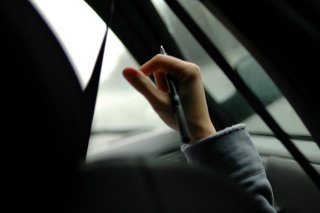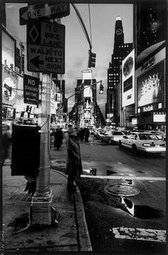
For a long time I wanted a pretext to publish on the blog this picture taken in Dubrovnik some few years ago. I found none so I just do it almost without a pretext. The recent death of Milosevic in The Hague has made many people reflect a lot over the wars in former Yugoslavia. Regardless on whom we are inclined to blame for the many unspeakable actions and policies of various sides the story most relevant is that of its many victims. Human sufferance has reached unimaginable depth in this series of conflicts dominated by primitive, violent power games. The deadly mix between simplistic ideologies, ruthless leaders, heartless politicians coupled with the lack of vision, understanding and determination on behalf of the leaders of European nations led to the most terrible all out war in Europe since the 30 year war. While indeed the vaster scale and the particularly viscous use of weapons and politics in the two world wars as well as the policies of Holocaust of Nazi Germany make for a recent background for the Yugoslav conflict, I believe the 30 year war is a closer comparison. This was possibly the last medieval war. By the scale of sufferance inflicted purposefully on civilians, the use of ethnic cleansing and fratricidal nature of the conflict throughout the wars for those endless years of killing I could not stop to think about Bertolt Brecht and his Mutter Curage. Finding, putting to trial, and sentencing those responsible for either the worst atrocities or equally those in a position to stop or avoid these is important but will remain be but a drop in the real effort to make these events impossible again. After the dreadful experience of the Second World War, with its death chambers, with millions of people dying, with the carpet bombings, and the politics of madmen receiving vast support form "civilised" people we never thought it could possibly come back so soon two haunt Europe. It did. In a fanatic and unhindered fashion. A madman's war again. We have to keep the images and stories of those dying and running away, loosing loved ones and homes, loosing identities and countries alive for a long time. We should never forget. I list here a few movies that do an excellent job at that: all of Kusturica's war movies, then PRETTY VILLAGE, PRETTY FLAME by Srdjan Dragojevic, 1996, SAVIOR by Peter Antonijevic 1998, NO MAN'S LAND.Dubrovnik was a near miss, certainly a victim it escaped all out destruction. I made this picture on film a couple of years ago and to me is a sign that things are slowly and painfully coming back. The certain serenity and quiet laziness of the image is to me in ultimate opposition with the war and it madness.




